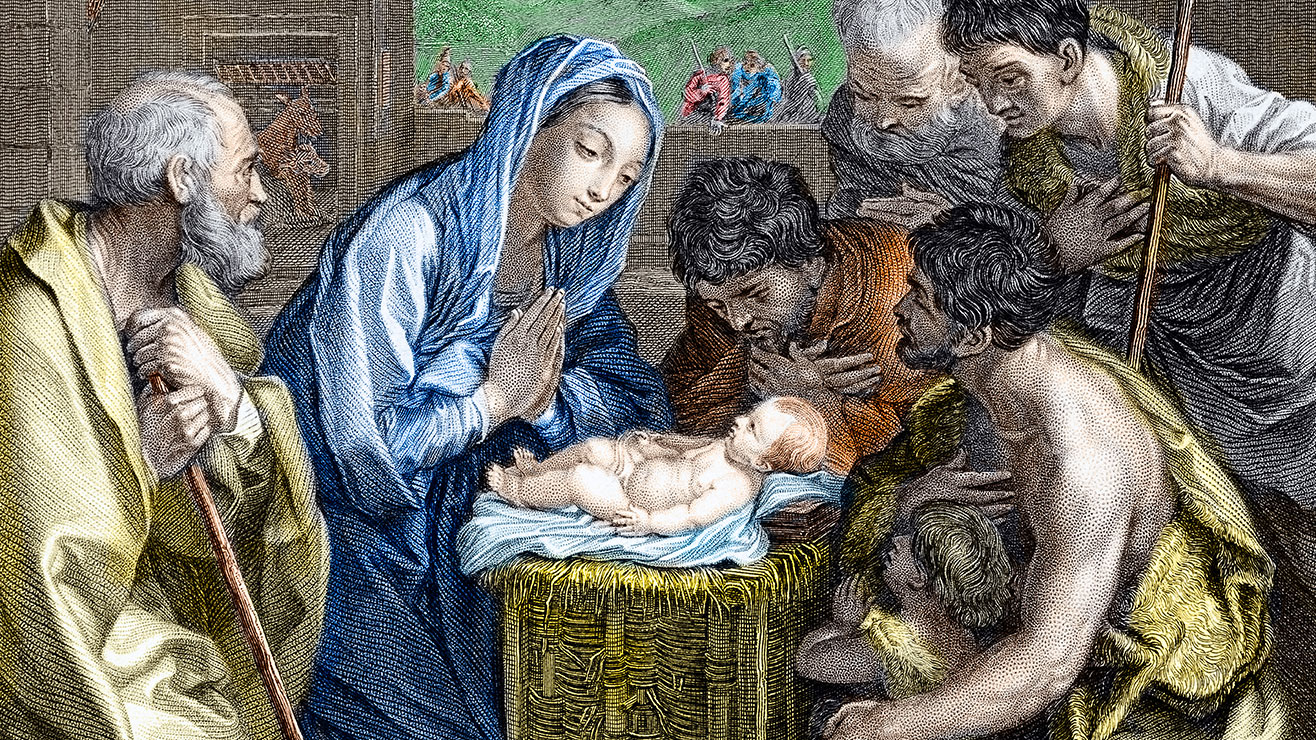Macho Guys Can Be Surprisingly Cooperative, Study Finds

Movie star Chris Hemsworth plays a macho guy as both the huntsman in "Snow White and the Huntsman" and Thor in "The Avengers." But new research suggests that men with Hemsworth's broad-faced, square-jawed look aren't all aggression and brawn.
In fact, men with wider faces are more likely to sacrifice for their team, according to the study, published online May 23 in the journal Psychological Science. The findings suggest that people's first impressions of macho men — that they're uncooperative, cold and even dishonest — aren't so accurate.
"Men with wider faces have typically been portrayed as 'bad to the bone,'" study researcher Michael Stirrat of the University of St. Andrews in the United Kingdom said in a statement.
Exposure to high testosterone levels in the womb may bestow men with more "masculine" faces, manifesting in prominent jawlines and small eyes. These differences become clear at puberty, when testosterone levels rise in boys and their faces mature. Because testosterone is associated with aggression, some research has linked wide faces with the kind of guy who is always spoiling for a fight.
Stirrat and his colleague David Perrett suspected the story might not be that simple. They gave University of St. Andrews students money to play a group game in which they could either freeload off other players or risk their money to benefit the group as a whole. Half of the students were told that their winnings would be compared with the winnings of other St. Andrews groups. The others were told that their winnings would be compared with the winnings of groups from Edinburgh University, a rival school.
The wider a man's face, the less likely he was to cooperate with his group when told that he'd be compared with other men from his school. But when given an outside rival, these broad-faced macho guys got competitive. Suddenly, they became more likely than average to gamble their own money for the good of their group. [The History of Human Aggression]
The findings reveal that masculine traits can come out in both pro-social and anti-social ways. In other words, masculine guys may be more aggressive in general, but their manly characteristics are downright warm-and-fuzzy in some circumstances, such as when they need to support the home team.
Get the world’s most fascinating discoveries delivered straight to your inbox.
The finding bolsters research released in 2011 that found that wide-faced CEOs tend to lead better-performing companies than their narrow-faced counterparts. Perhaps these macho CEOs are more willing to sacrifice for their team, the researchers suggest.
You can follow LiveScience senior writer Stephanie Pappas on Twitter @sipappas. Follow LiveScience for the latest in science news and discoveries on Twitter @livescience and on Facebook.

Stephanie Pappas is a contributing writer for Live Science, covering topics ranging from geoscience to archaeology to the human brain and behavior. She was previously a senior writer for Live Science but is now a freelancer based in Denver, Colorado, and regularly contributes to Scientific American and The Monitor, the monthly magazine of the American Psychological Association. Stephanie received a bachelor's degree in psychology from the University of South Carolina and a graduate certificate in science communication from the University of California, Santa Cruz.


